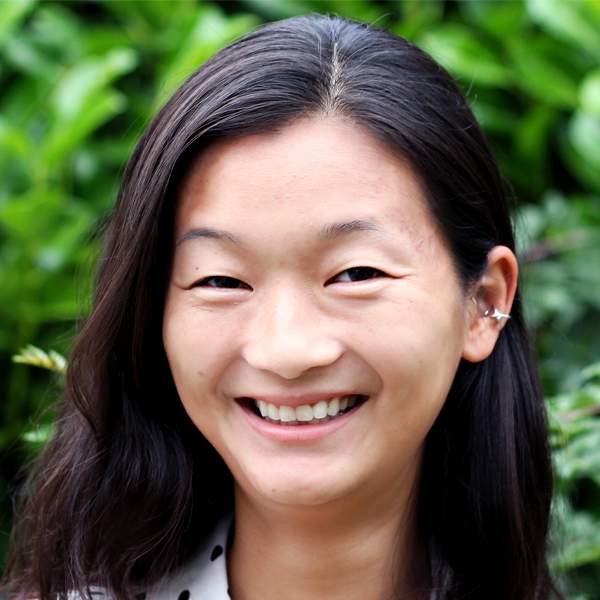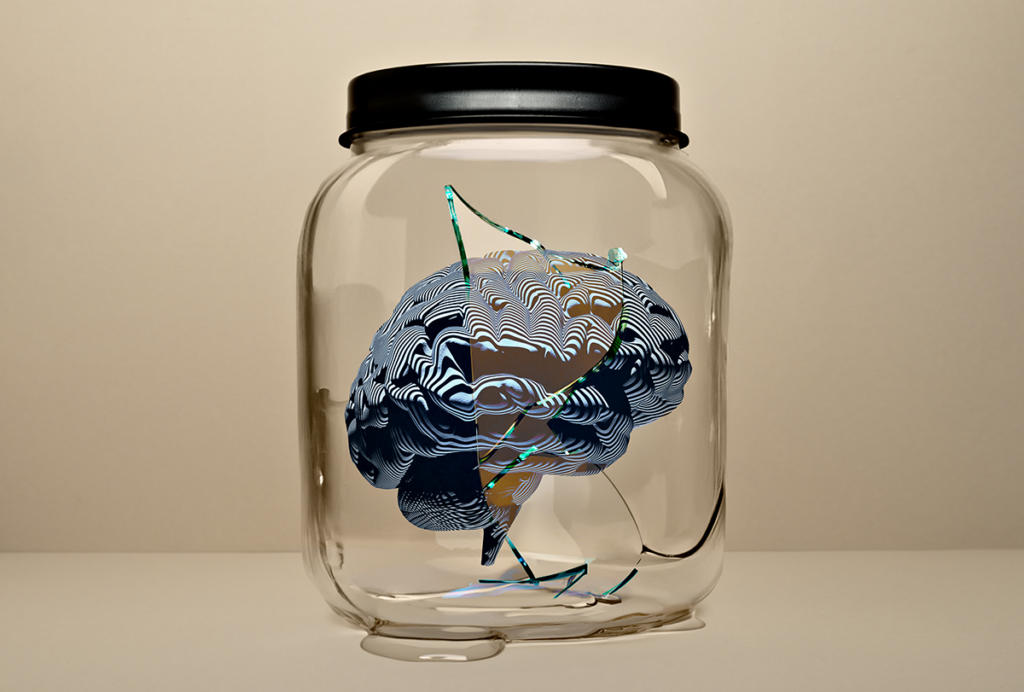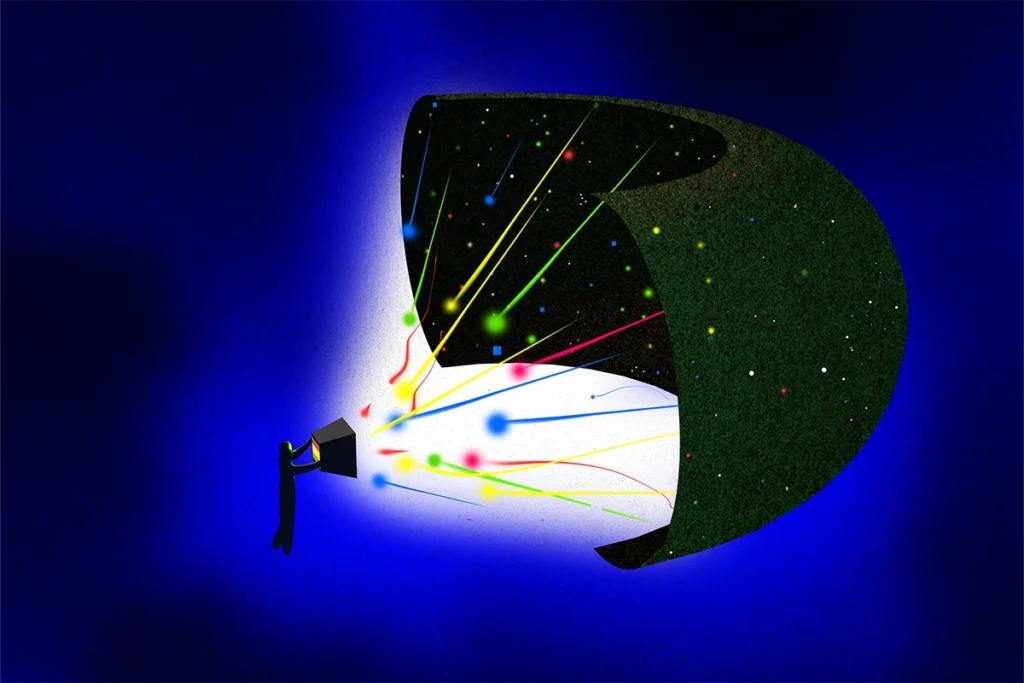Bing Wen Brunton is professor of biology and Richard and Joan Komen University Chair at the University of Washington, with affiliations at the eScience Institute for Data Science, the Paul G. Allen School of Computer Science and Engineering, and the Department of Applied Mathematics. She is a computational neuroscientist with a particular interest in natural behavior. She studies how the nervous system solves challenges that are vital to the animal: sensing the environment, maneuvering in the physical world, planning and executing goals, and interacting with their societies. Her research group develops data-intensive methods to build models of the nervous system and body using approaches from dynamical systems and control, deep reinforcement learning, computer vision, and physics-constrained simulations. Her YouTube channel @bingsbrain has video lectures on neuroscience and data science, and occasionally features original watercolor art.
Brunton earned her B.S. in biology at the California Institute of Technology and her Ph.D. in neuroscience from Princeton University, working with Carlos Brody.


